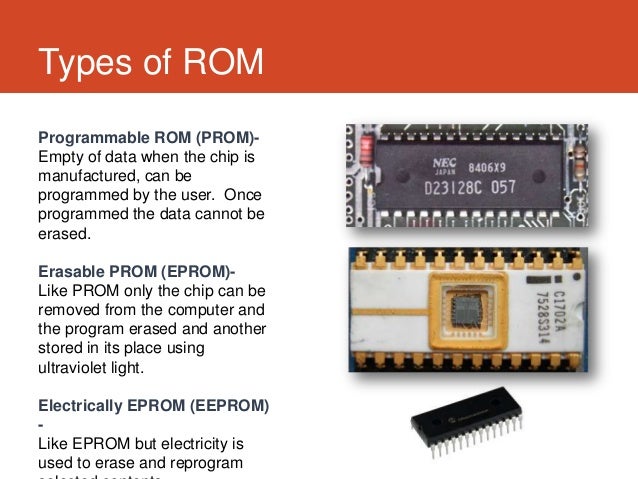

Explicit Memory involves both semantic and episodic memory. While implicit memory requires little if any effort to recall, explicit memory - sometimes referred to as declarative memory - requires a more concerted effort to bring the surface. Some examples of procedural memory: Playing piano, ice skating, playing tennis, swimming, climbing stairs.
Types of memory how to#
You don't have to delve into your memory to recall how to walk each time you take a step. Procedural memory, which is a subset of implicit memory, is a part of the long-term memory responsible for knowing how to do things, also known as motor skills. Musicians and professional athletes are said to have superior ability to form procedural memories. Implicit memory uses past experiences to remember things without thinking about them. Implicit memory is sometimes referred to as unconscious memory or automatic memory. Patients who suffer from short-term memory loss can't remember who walked into the room five minutes before, but can remember their childhood friend from 50 years ago. It is generally believed that five to nine items can be stored in active short-term memory and can be readily recalled. Matlin has described memory as the “process of retaining information over time.” Types of Memory While experts have varying definitions for short-term memory, it is generally described as the recollection of things that happened immediately up to a few days. The process of forming a memory involves encoding, storing, retaining and subsequently recalling information and past experiences.

Memory Definition & Types of Memory For us to recall events, facts or processes, we have to commit them to memory.


 0 kommentar(er)
0 kommentar(er)
